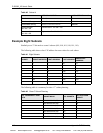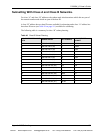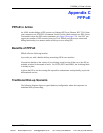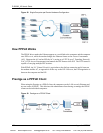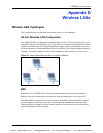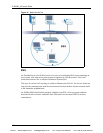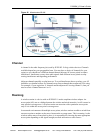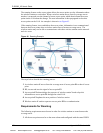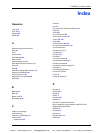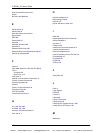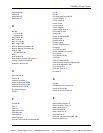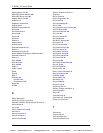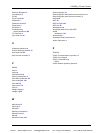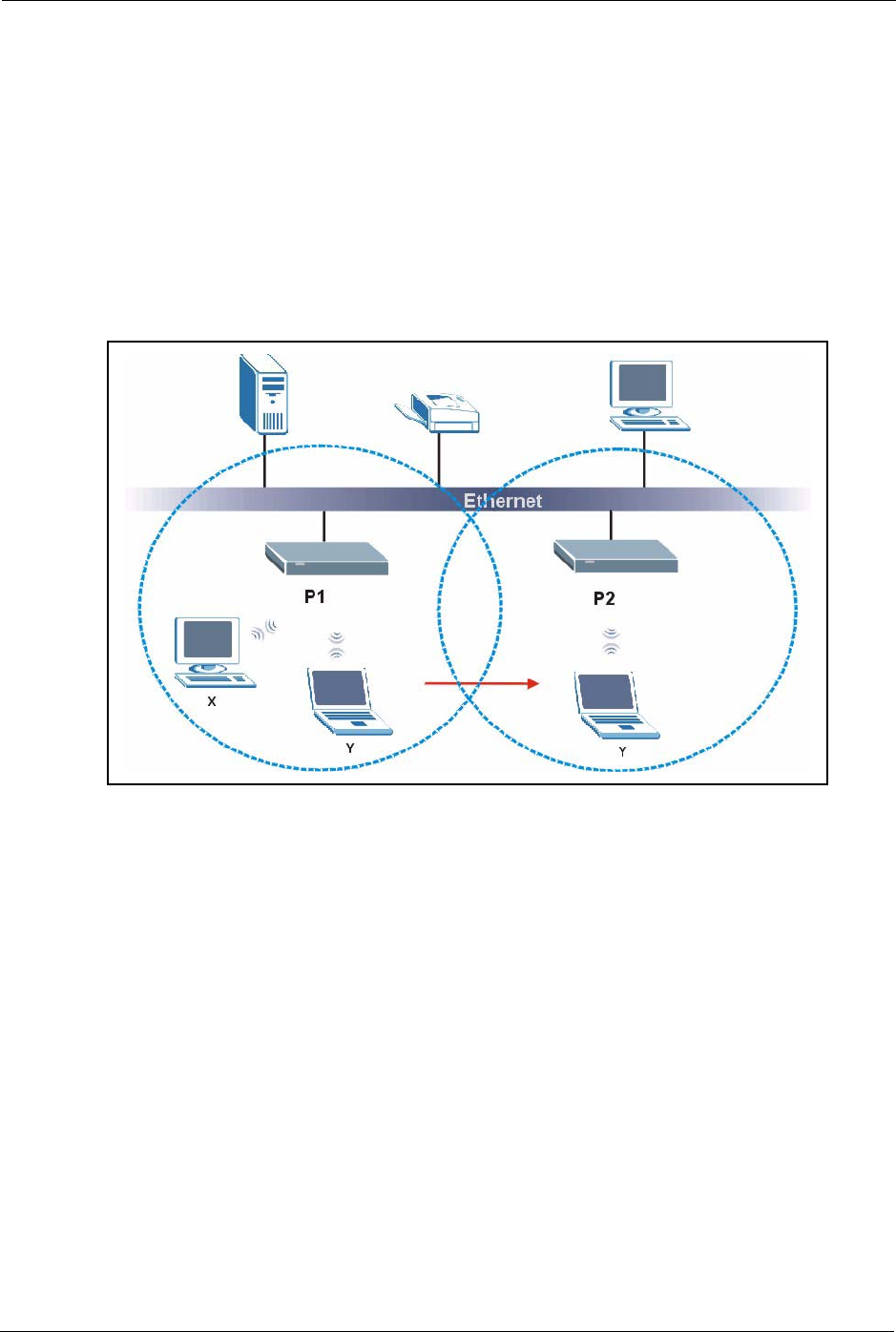
P-2000W_V2 User’s Guide
124 Appendix D Wireless LANs
The roaming feature on the access points allows the access points to relay information about
the wireless stations to each other. When a wireless station moves from a coverage area to
another, it scans and uses the channel of a new access point, which then informs the access
points on the LAN about the change. The new information is then propagated to the other
access points on the LAN. An example is shown in see Figure 43.
If the roaming feature is not enabled on the access points, information is not communicated
between the access points when a wireless station moves between coverage areas. The
wireless station may not be able to communicate with other wireless stations on the network
and vice versa.
Figure 43 Roaming Example
The steps below describe the roaming process.
1 As wireless station Y moves from the coverage area of access point P1 to that of access
point
2 P2, it scans and uses the signal of access point P2.
3 Access point P2 acknowledges the presence of wireless station Y and relays this
information to access point P1 through the wired LAN.
4 Access point P1 updates the new position of wireless station.
5 Wireless station Y sends a request to access point P2 for re-authentication.
Requirements for Roaming
The following requirements must be met in order for wireless stations to roam between the
coverage areas.
1 All the access points must be on the same subnet and configured with the same ESSID.
VoIPon www.voipon.co.uk sales@voipon.co.uk Tel: +44 (0)1245 808195 Fax: +44 (0)1245 600030



